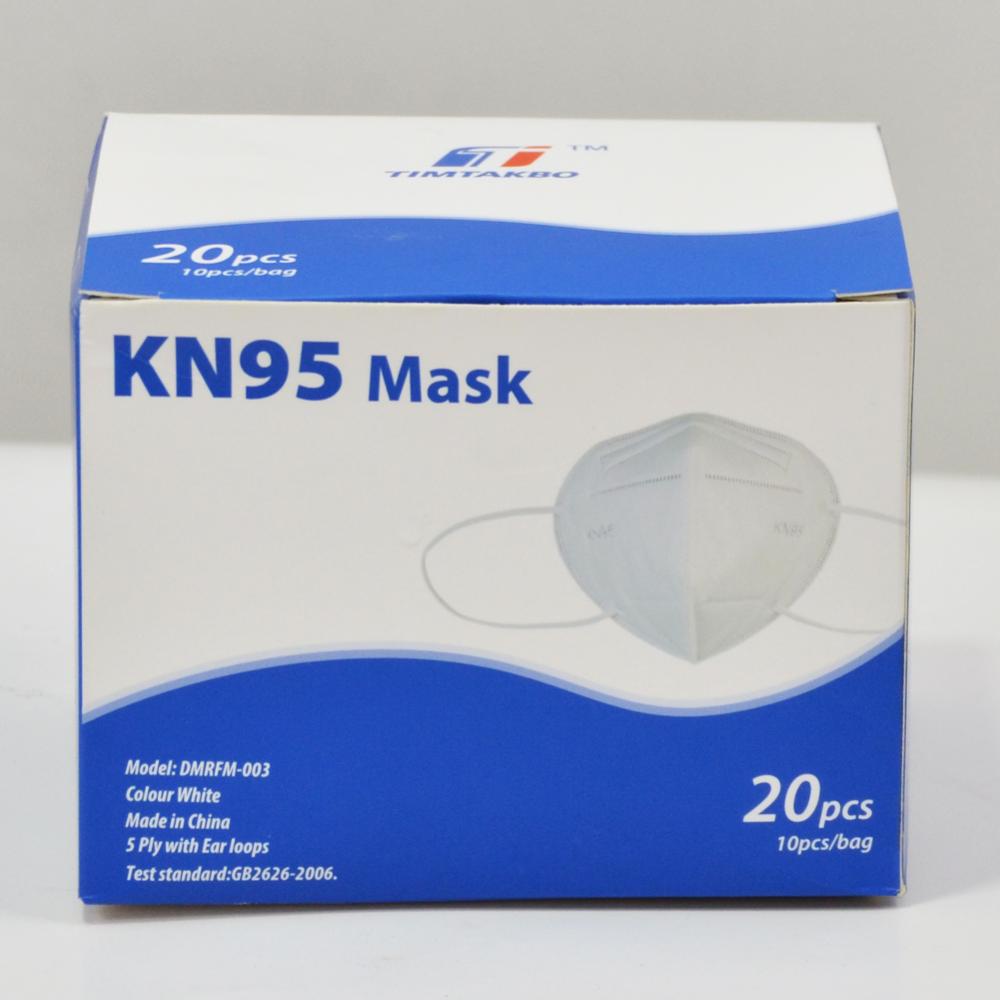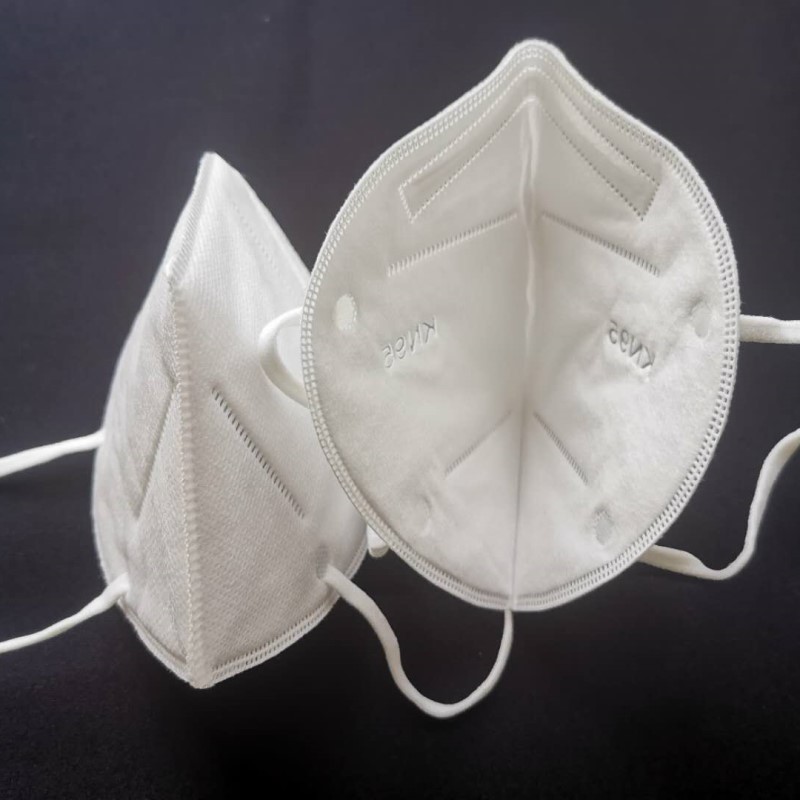Yesterday (August 8th), the National Passenger Vehicles Association (hereinafter referred to as “CCCâ€) released passenger car sales data for July: In July, the domestic automobile sales volume was 0.958 million, an increase of 3.6% year-on-year and a month-on-month decrease of 6.1. In the first 7 months, cumulative sales of domestic cars totaled 7.6 million units, an increase of 5.1% year-on-year.
In July, domestic auto sales rose slightly year-on-year, which eased the market's unrest, but Rao Da, the secretary-general of the CLU, told the “Daily Economic News†that “there is no positive policy for the auto market in the second half of the year. The bad news is still there. The upper hand."
One or two echelon gaps widen according to sales practices, July and August are the traditional off-season of the auto market. This year's auto sales are no exception.
“The passenger car market in July was basically in line with the expectation of the CCC, with a large negative growth from the previous quarter and the auto market still follows normal fluctuation rules,†said Rao Da.
According to statistics released in July, the structure of the passenger car market in June showed a structural rebound. This pick-up trend continued in July.
In the July Top 10 list of companies, Shanghai General Motors continued to lead the auto market with 94,000 vehicles, followed by FAW-Volkswagen with 92,000 vehicles, and Shanghai Volkswagen, SAIC-GM-Wuling and Dongfeng Nissan ranked 3 to 5 from the sixth. The names to the 10th place were Beijing Hyundai, FAW Toyota, Chery Automobile, Changan Automobile and Dongfeng Yueda Kia.
Analysts pointed out that the gap between the first echelon and the second echelon of automobile companies is gradually declining. Compared with Dongfeng Nissan, the fifth, and Beijing Hyundai, the sixth, Dongfeng Nissan sold 69,000 vehicles in July, and Beijing Hyundai had 5.2. For 10,000 vehicles, the gap between the two is 17,000.
“As can be seen from the first-half performance list, in the auto market recession, the growth of the first-tier companies will increase, and the second and third-tier companies will become more and more difficult,†the analyst pointed out.
The purchase restriction policy affects the auto market Rao Da said that retail sales growth in July was relatively stable and structurally stronger. However, according to the internal exchange data of the CLUCC, the retail performance of some manufacturers has increased compared to the same period of last year. From the perspective of consumer response of the terminal, the better retail performance in July is also influenced by many factors, especially the combination of limited licenses. Factors promote greater.
The CCC held that Guiyang City announced the restriction on July 11 and that there were a few panic buying in large and medium-sized cities.
“Guiyang, as a third-tier city in the western most economically underdeveloped provinces, has a significant meaning in its purchase restriction. Three months later, the Guiyang purchase restriction order will not be cancelled, it will push down the domino, and the automobile purchase restriction will spread in the first, second and third tier cities. Seriously affect the government image and people's heart." RAO analysis.
"Restriction cannot reduce the number of holdings, but only slows down the growth of car ownership." Rao Da said, "The restrictions on brand licensing in big cities have pushed the independent brands first."
In addition, as for stocks, the CCC also believes that due to the high inventory of automobiles, the number of manufacturers that released high-temperature fakes in July increased, which reduced the passenger car production and wholesale volume, and reduced the inventory of dealers.
“The inventory of Japanese passenger cars has increased rapidly, and the situation that production exceeds sales is still maintained. At the same time, the unfavorable factors in the market have not been reduced, indicating that the passenger car market in the near future cannot be optimistic,†said Rao Da.
He predicted that the recent sharp fluctuations in oil prices will continue to distort the determination of some potential customers to buy, so in August the narrow domestic passenger car sales will increase the chain, but the year-on-year growth rate will further reduce.
It is worth noting that the market share of self-owned brand car companies continues to decline. According to the statistics of the CLUCC, the market share of its own-brand narrow passenger vehicles in the first half of last year was 33%, which fell to 32.2% this year, and the market share of self-owned brand cars in the first half of the year was lower than the same period of last year.
Xinhuaxin pointed out that the production of self-owned brands must shift from extensive R&D production to intensive production. There is still a big gap between the independent brands and joint venture brands in product competitiveness.
In July, domestic auto sales rose slightly year-on-year, which eased the market's unrest, but Rao Da, the secretary-general of the CLU, told the “Daily Economic News†that “there is no positive policy for the auto market in the second half of the year. The bad news is still there. The upper hand."
One or two echelon gaps widen according to sales practices, July and August are the traditional off-season of the auto market. This year's auto sales are no exception.
“The passenger car market in July was basically in line with the expectation of the CCC, with a large negative growth from the previous quarter and the auto market still follows normal fluctuation rules,†said Rao Da.
According to statistics released in July, the structure of the passenger car market in June showed a structural rebound. This pick-up trend continued in July.
In the July Top 10 list of companies, Shanghai General Motors continued to lead the auto market with 94,000 vehicles, followed by FAW-Volkswagen with 92,000 vehicles, and Shanghai Volkswagen, SAIC-GM-Wuling and Dongfeng Nissan ranked 3 to 5 from the sixth. The names to the 10th place were Beijing Hyundai, FAW Toyota, Chery Automobile, Changan Automobile and Dongfeng Yueda Kia.
Analysts pointed out that the gap between the first echelon and the second echelon of automobile companies is gradually declining. Compared with Dongfeng Nissan, the fifth, and Beijing Hyundai, the sixth, Dongfeng Nissan sold 69,000 vehicles in July, and Beijing Hyundai had 5.2. For 10,000 vehicles, the gap between the two is 17,000.
“As can be seen from the first-half performance list, in the auto market recession, the growth of the first-tier companies will increase, and the second and third-tier companies will become more and more difficult,†the analyst pointed out.
The purchase restriction policy affects the auto market Rao Da said that retail sales growth in July was relatively stable and structurally stronger. However, according to the internal exchange data of the CLUCC, the retail performance of some manufacturers has increased compared to the same period of last year. From the perspective of consumer response of the terminal, the better retail performance in July is also influenced by many factors, especially the combination of limited licenses. Factors promote greater.
The CCC held that Guiyang City announced the restriction on July 11 and that there were a few panic buying in large and medium-sized cities.
“Guiyang, as a third-tier city in the western most economically underdeveloped provinces, has a significant meaning in its purchase restriction. Three months later, the Guiyang purchase restriction order will not be cancelled, it will push down the domino, and the automobile purchase restriction will spread in the first, second and third tier cities. Seriously affect the government image and people's heart." RAO analysis.
"Restriction cannot reduce the number of holdings, but only slows down the growth of car ownership." Rao Da said, "The restrictions on brand licensing in big cities have pushed the independent brands first."
In addition, as for stocks, the CCC also believes that due to the high inventory of automobiles, the number of manufacturers that released high-temperature fakes in July increased, which reduced the passenger car production and wholesale volume, and reduced the inventory of dealers.
“The inventory of Japanese passenger cars has increased rapidly, and the situation that production exceeds sales is still maintained. At the same time, the unfavorable factors in the market have not been reduced, indicating that the passenger car market in the near future cannot be optimistic,†said Rao Da.
He predicted that the recent sharp fluctuations in oil prices will continue to distort the determination of some potential customers to buy, so in August the narrow domestic passenger car sales will increase the chain, but the year-on-year growth rate will further reduce.
It is worth noting that the market share of self-owned brand car companies continues to decline. According to the statistics of the CLUCC, the market share of its own-brand narrow passenger vehicles in the first half of last year was 33%, which fell to 32.2% this year, and the market share of self-owned brand cars in the first half of the year was lower than the same period of last year.
Xinhuaxin pointed out that the production of self-owned brands must shift from extensive R&D production to intensive production. There is still a big gap between the independent brands and joint venture brands in product competitiveness.
Product categories of KN95 Mask Respirator, we are specialized manufacturers from China, Face Mask Kn95, Kn95 Face Mask Earloop suppliers/factory, wholesale high-quality products of Kn95 Anti Virus Face Mask R & D and manufacturing, we have the perfect after-sales service and technical support. Look forward to your cooperation!


Face Mask Kn95,Kn95 Face Mask Earloop,Kn95 Anti Virus Face Mask,Disposable Earloop Kn95
Changsha City Kangbojia Medical Supplies Co., Ltd. , https://www.kbjmedical.com